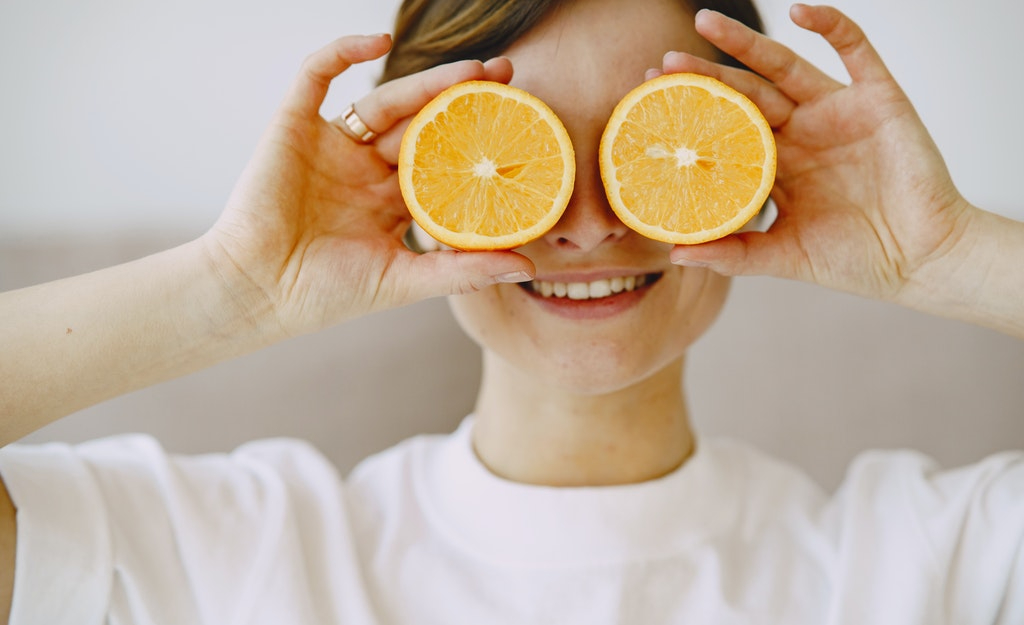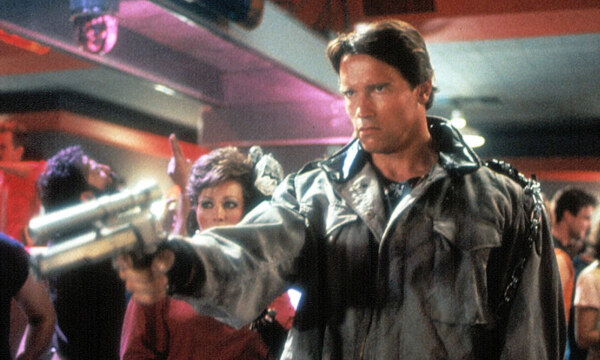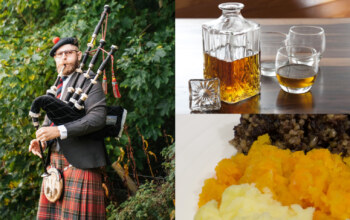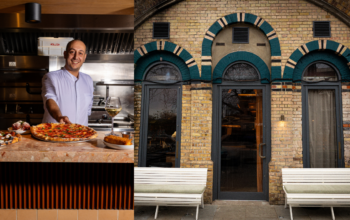Yes, vegans are right – but it doesn’t have to be all or nothing

The UK is cementing its place as a global leader in the vegan movement. As many as a third of Brits are either meat-free or working on getting there – a much higher average than what’s found in the United States, for example. Despite those impressive numbers, the biggest risk factor for preventable ill health in England remains a poor diet. It’s generally true that people who eat a plant-based diet are healthier overall – but those that label themselves “vegan” or “vegetarian” but fail to eat a proper diet can end up being sickly or even morbidly obese.
People making dietary changes in hopes of better health need to understand that simply abstaining from meat does not, on its own, confer health. The truth of what works seems to boil down to the adage from food writer and author of The Omnivore’s Dilemma, Michael Pollan, who summed up a philosophy he’s spent years developing in seven words: “Eat food, not too much, mostly plants.” Pollan eats meat. When asked, “Why aren’t you a vegetarian/vegan?”, he says, “I’m not a vegetarian because I enjoy eating meat – meat is nutritious food, and I believe there are ways to eat meat that are in keeping with my environmental and ethical values. I don’t make the decision to eat meat lightly.” But Pollan adds that he has “the ultimate respect for vegetarians and vegans” as, in his words, “they’ve done the work of thinking through the consequences of their eating decisions – something most of the rest of us have not done.”
Hopefully, he’s right about the work part as the legions of vegetarians and vegans are swelling by the day – not a bad thing by any means, if driven by consideration and not fashion. In any case, the train has departed the station. It’s now estimated by some that only a third of the world will still be consuming meat after 2040. That might be an over-enthusiastic prediction but the transfer away from eating animals is set to be turbocharged by the rise of real vegan meat. This “alt meat” – a plant based kebab or a vegan steak, for example – is not the same species of meat substitutes currently available. These products are the result of cutting-edge science that’s created the closest mimicry of animal meat protein that humankind has ever produced.
Made mostly in Israel using a 3D printer with AI-powered algorithms, “new meat” manufacturers put taste and texture, as well as mouthfeel and smell, first and foremost, but also make sure their product is nutritious. One wouldn’t think, for example, that a former mega-celebrity chef who reportedly was once co-owner of several steakhouses and was cited by the late Anthony Bourdain as his inspiration would be vegan, and he’s not. That said, celebrity chef Marco Pierre White is championing “new meat”. At an event last year, he gathered tasters, journalists, experts and others to his London restaurant to sample 3D-printed meat and The Guardian’s review was enthusiastically positive. Chef White has no public plans to give up meat entirely but represents a target demographic for such companies: people who think, “if there’s a substitute that is 95+% identical, and this substitute is better for your health, significantly better for the environment, and obviously better for the welfare of animals, why not?”.
What these high-tech new meat substitutes might offer for some is a tool in the polarised fight over food, nutrition, health and the environment. It makes sense that many people are moving towards veganism, as it offers clear boundaries and is hard to argue against when it comes to the environment: a huge percentage of greenhouse gasses choking the planet are caused by meat consumption. Sustainability is another huge issue: there isn’t enough land or water to continue producing meat on the industrial scale that the Western world has done over the last 50-odd years – and yet demand is growing in newly rich places such as China.
Yes, if people willing and able to go vegan, that could be best for them and the planet – but they could also go more “flexitarian” and seriously reduce, for example, consumption of red meat by using substitutes that still give the taste, texture and mouthfeel of beef. In many cases meat is not unpleasant or toxic – there are nutrients to be found in animal protein, and it’s not impossible to have an ethical meat industry – it may be improbable but there are cases where it’s being done. Eating meat is a part of humankind’s evolutionary heritage and meat is what kickstarted us on a path that led to civilisation. But, of course, that doesn’t mean that having bacon for breakfast, chicken for lunch and a steak every evening is a good idea. Perhaps these new high-tech meat substitutes can assist in helping everyone find more balance.
The editorial unit
























Facebook
Twitter
Instagram
YouTube
RSS